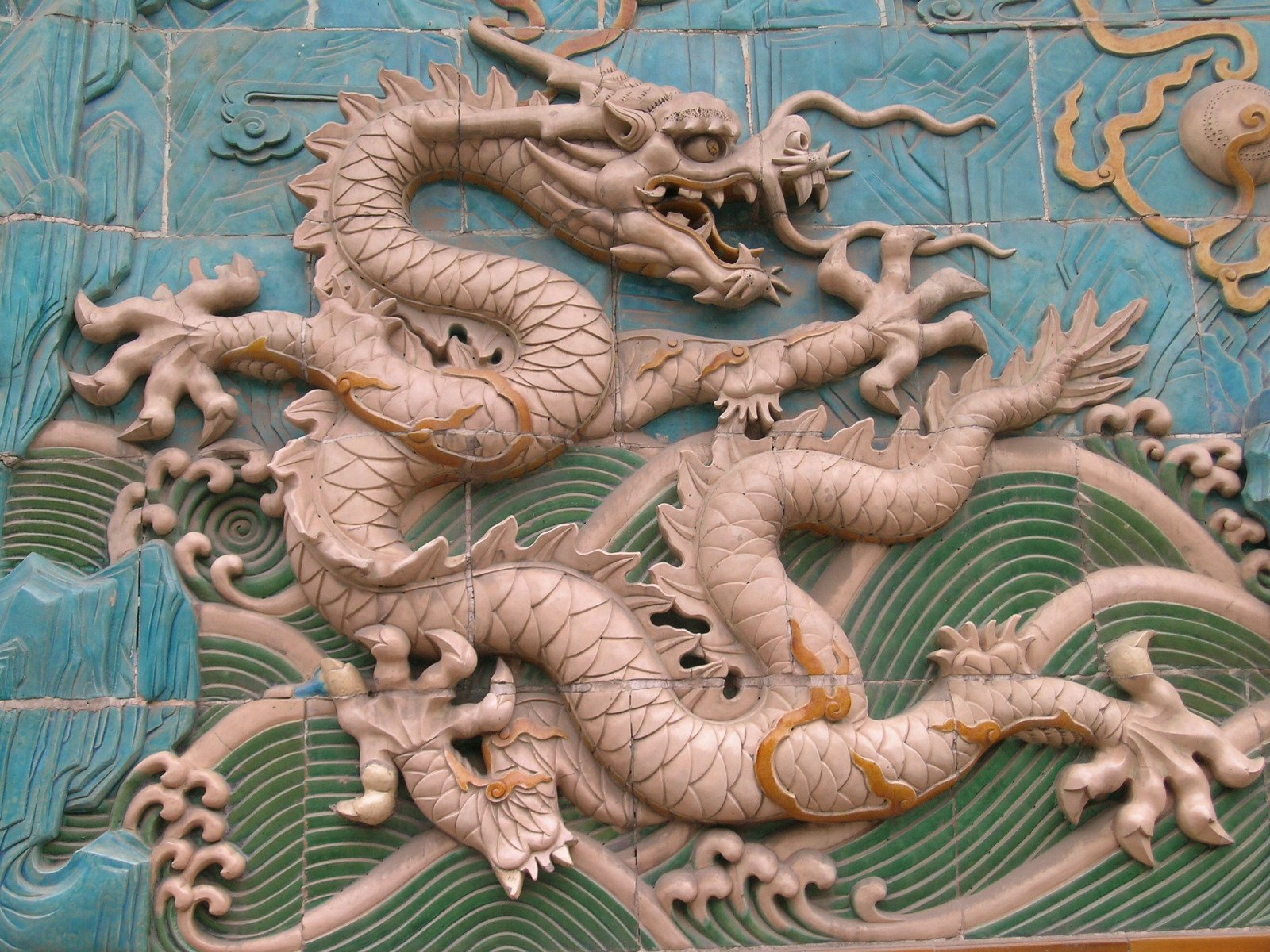

EARLIER today we explained that Chinese patent law is nowadays a mess because of software patents. Patent trolls are surging in China and many patents are of highly questionable legitimacy (few of them or a minuscule proportion of them get 'exported' to other countries). China has come to account for the lion's share of patents counted by WIPO, which could not care less about patent quality (it just wishes to see the number of monopolies rising and rising). Earlier today we saw this article (re)titled "Chinese Universities are patenting everyones research from AI journals" (it had a title totally unconnected to China beforehand). Suffice to say, such patents would be invalid based on prior art; they're plagiarism. Never mind the fact that AI is software and thus invalid in the form of patents (almost everywhere except China).
"Sadly, we continue to see the "China!" phobia being used to steer or at least attempt to steer US patent policy."Over at Watchtroll, a couple of days ago Anthony de Andrade and Venkatesh Viswanath wrote about pursuing patents in BRICS ("C" for China) economies. Among BRICS China is the only one that's in IP5. The IP5 Offices are the European Patent Office (EPO), Japan Patent Office (JPO), Korean Intellectual Property Office (KIPO), State Intellectual Property Office of the People's Republic of China (SIPO), and the United States Patent and Trademark Office (USPTO). A lot of companies come from these countries (or continents in the EPO's case, albeit EPO goes beyond Europe and beyond the EU). Take for example Apple from the US and Samsung from Korea. We'll write about their legal disputes in a later article.
Sadly, we continue to see the "China!" phobia being used to steer or at least attempt to steer US patent policy. Iancu, being rather clueless in the fields of science, is totally (maybe willfully) falling for it, repeating all the same propaganda we habitually see in sites like Watchtroll.
4 days ago Watchtroll himself (Gene Quinn) published "Navigating the Patent Landscape in China" (full of nonsense!) in which he said:
While the United States continues to struggle with what is patent eligible, and just yesterday USPTO Director Andrei Iancu told the House Judiciary Committee during an Oversight Hearing that in many technology areas what is patent eligible is unclear, and is depressing innovation, the Chinese are taking a different path. In April 2017, China provided revised guidelines relating to the patentability of both software and business methods.
"It often seems like fear of China helps the 'patent nuts' (along the same lines of 'gun nuts') guide patent policy, almost in the same way that fear of Russia helps the war-mongers and hawks guide foreign policy in the US."And why is Iancu falling for this propaganda, including the latest from the Chamber of Commerce?
It often seems like fear of China helps the 'patent nuts' (along the same lines of 'gun nuts') guide patent policy, almost in the same way that fear of Russia helps the war-mongers and hawks guide foreign policy in the US.
Looking at the patent trolls' lobby, IAM, a few days ago it published a sponsored 'article' from Sofia Willquist (AWA AB, Sweden), which says that JPO "invalidation rate has dropped from around 45% to around 20% (ie, once a patent is granted it seems difficult to invalidate it)."
That may simply mean that examination itself improved. Here's what Willquist wrote with additional context:
As for appeals, the success rate is astoundingly high, at around 80%. Further, the invalidation rate has dropped from around 45% to around 20% (ie, once a patent is granted it seems difficult to invalidate it).
This is believed to be a deliberate strategy by the Japanese authorities to attract more companies to conduct business in Japan. With strong competition against other Asian markets, such as China and South Korea, Japan is showing a more lenient attitude towards patent applicants and the inventions they want to protect. According to Japanese patent attorneys, the main difference is in the approach to the assessment of inventive step, which makes it easier for applicants to argue in favour of their inventions.
"This is about German patent law, which risks being overridden by the farce that's the UPC (a Trojan horse for software patents). Thankfully, however, the UPC looks like it's dead for good. The Germany constitution stands in its way."Meanwhile, over here in Europe we carry on battling software patents, which the EPO under Battistelli tries to make 'normal' using buzzwords like 4IR. Three days ago a German case was recalled, noting that the "FCJ [had] held that when assessing inventive step the claim should be interpreted so that the disclosed embodiments are taken into account."
This is about German patent law, which risks being overridden by the farce that's the UPC (a Trojan horse for software patents). Thankfully, however, the UPC looks like it's dead for good. The Germany constitution stands in its way. ⬆